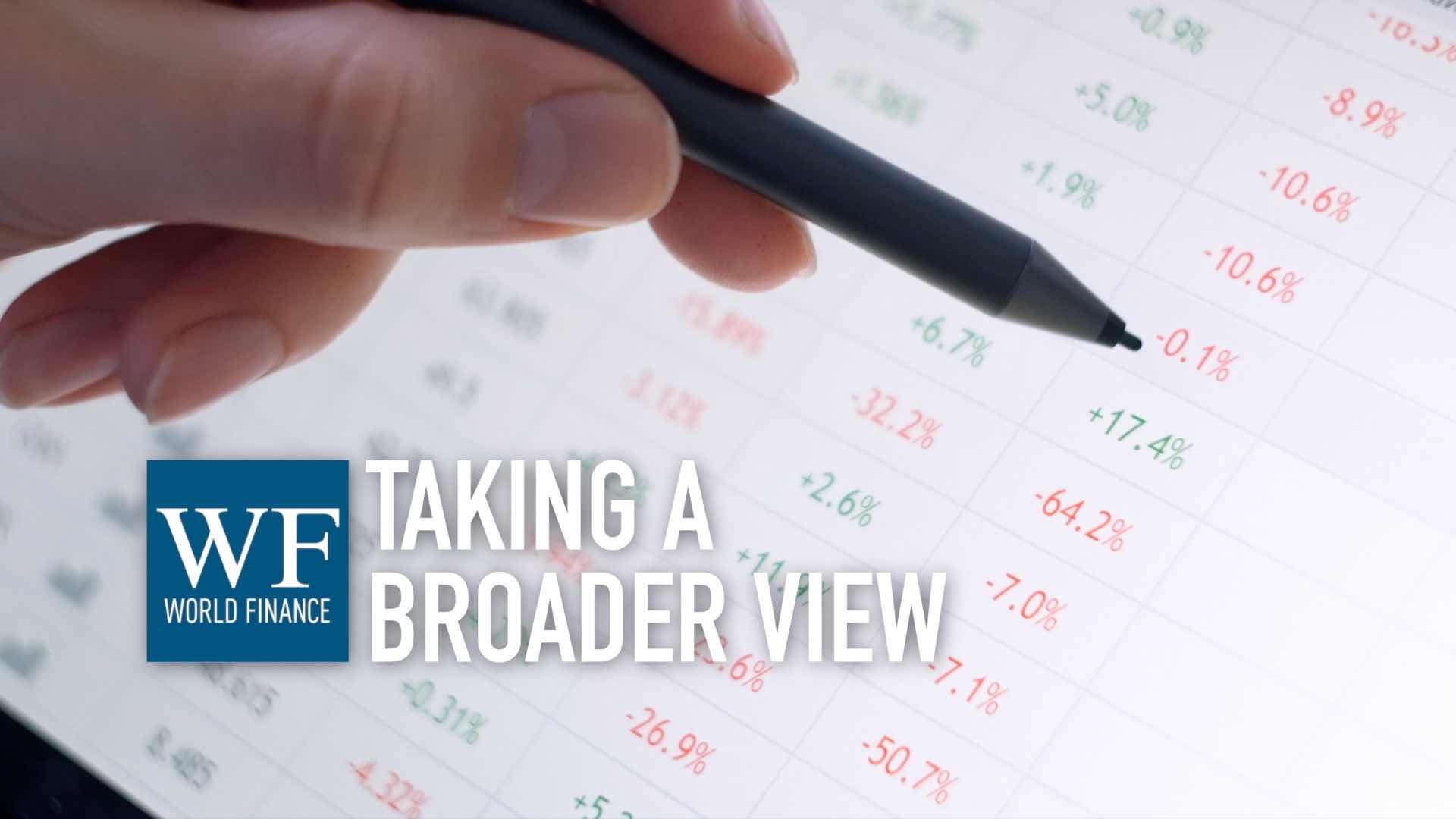Higher rates spell an end to suppressed volatility – so check your leverage
'The way that the [derivatives] market is functioning has changed,' explains David Barrett
Related:
Transcript
David Barrett is CEO of EBC Financial Group; the award-winning liquidity provider for institutional and professional traders. After discussing how interest rate increases are affecting the markets in general, he focused on derivatives: how liquidity providers are becoming more cautious about liquidity and leverage, the probable return of greater volatility after a decade of artificially suppressed rates, and how traders need to be more circumspect about what they’re actually trading. You can also watch the final part of our interview with David, where he discusses his views on the crypto sector.
World Finance: David, we’ve spoken about the impact of rising interest rates on the market generally; how is it affecting derivatives specifically?
David Barrett: If you look at the market in general, you could argue on the surface that not a lot has changed. But I think if you dig a little deeper, I think that’s not true.
I think the fallout particularly in say, the banking sector in the US, the regulator has heightened its approach, and it’s heightened its scrutiny of what’s going on. Only recently the US has launched more stringent capital and reserve rules, based around what happened to the three regional banks earlier in the year.
I think regulators in general are being more circumspect about what’s going on with companies within their industries’ balance sheets. We’re regulated by the FCA in the UK – I’ve worked for regulated companies for 30 years, and I’ve never seen so much introspection on the financial resources and how you manage those resources.
I think liquidity providers are being a little bit more cautious about liquidity – in terms of the leverage that they’re offering. And I think, you know, there’s no doubt that the depth of liquidity when the market picks up pockets of volatility is a lot less than it would normally be. And I think that tends to be a fallout of the previous instances of pain that we’ve seen in the markets.
World Finance: Any advice you can offer to traders in this new environment?
David Barrett: I think you’ve got to accept that the way that the market is functioning has changed somewhat. So, whereas people would broadly be bullish on certain parts of the market – let’s say stock markets. Indices have been a very acceptable way of reflecting your opinion of what the market’s doing.
I think we are coming much more into a stock picker’s market. I think you have to appreciate the state of a company’s balance sheet, its liquidity, and its ability to get through times of stress much more now than before.
I think leverage should be reduced, because I do believe that volatility has been supressed for so long, that we’re getting to a point where that could easily change.
Historically interest rate differentials have been a big driver in FX, because everything’s been homogenised to a very low level, then we’ve had very low realised volatility in FX. And that’s just starting to change. And you can see – the dollar/yen’s moved significantly over the last 12 months or so. That’s mainly driven by an interest rate differential, because the Bank of Japan is pretty much the only central bank that’s not gone the same rate hikes of everybody else.
So I think people need to be more cautious, with less leverage. I think they need to be more circumspect about what they’re actually trading.
And I think they should be aware of heightened volatility and what it does.
Markets have very much mean-reverted over the past two or three years, and I suspect if we start to get trends in markets, they may keep going more than they have done.
World Finance: And how about regulators? Would you recommend any changes, or do you forsee them making any?
David Barrett: I think the regulator is becoming much better at appreciating how the market works. I mean, if you look at brokerage, which is what we do, their appreciation of how the sector works, how it makes its money, how that impacts on the end user – it’s much better than it’s been, ever.
So the UK FCA are just about to bring in a consumer duty package, which is there to heighten people that are selling financial products and their impact on their clients to the firms that are doing that.
And I think that kind of deep dive and circumspect pressure will continue from regulators all over the world.
There will be a lot more pressure for clarity of: what you’re doing, how you’re offering it, and how it impacts the end user.

 EBC Financial Group expands family of firms to Australia and Mauritius
EBC Financial Group expands family of firms to Australia and Mauritius EBC UK CEO: Broader instruments like ETFs helping clients better reflect their risk
EBC UK CEO: Broader instruments like ETFs helping clients better reflect their risk
